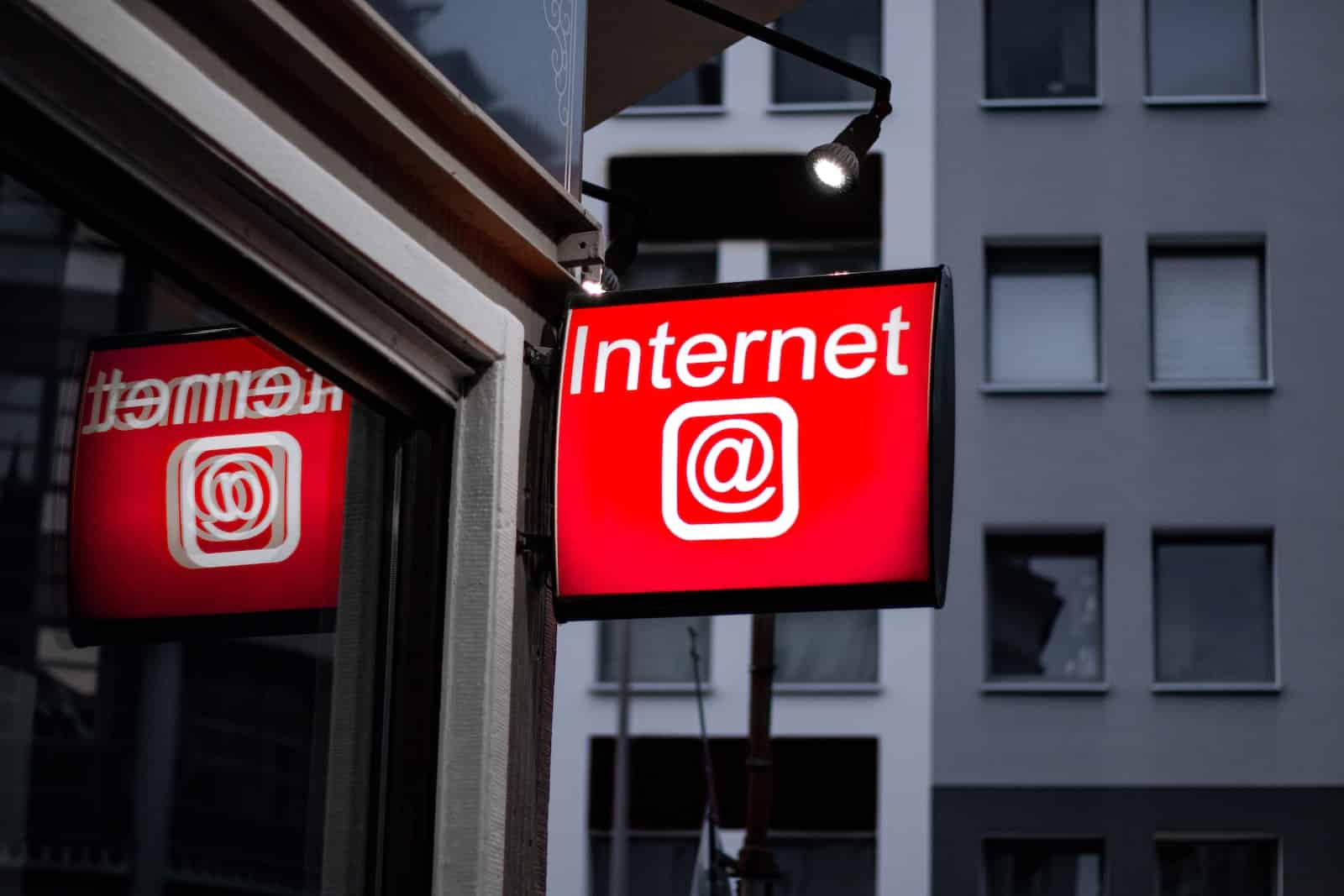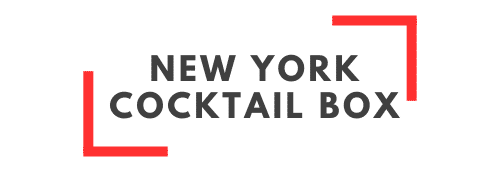How the internet of things is transforming businesses

In an era marked by digitalisation, the Internet of Things (IoT) has emerged as a game-changing technology for businesses. IoT is a broad term that refers to a network of devices, vehicles, appliances, and other items embedded with sensors, software, and network connectivity. These elements enable the collection and exchange of data, ushering in unprecedented efficiency and opportunities for businesses.
Unleashing the Power of Data
The first and probably the most pivotal transformation brought about by IoT is the unrivalled access to data. In today’s digital landscape, knowledge is power, and data is the raw material businesses need to understand their market, predict trends, optimise operations, and create innovative products and services.
Dans le meme genre : Technology in fashion: innovation and style
With IoT, businesses can monitor and analyse a plethora of variables in real-time. From tracking inventory in a warehouse to monitoring customer behaviour to studying environmental factors, IoT provides a bird’s eye view of your business landscape in high resolution.
This real-time visibility allows businesses to make data-driven decisions swiftly, reducing the risk of costly mistakes. It also presents opportunities to proactively identify and address potential challenges before they escalate into major issues.
Sujet a lire : How to create a simple bot with Google Dialogflow ?
Streamlining Operations and Boosting Productivity
Another key area where IoT is making a significant impact is operational efficiency. The integration of IoT technologies into daily operations can result in cost savings, increased productivity, and improved customer satisfaction.
For instance, smart thermostats and lighting systems can automatically adjust based on occupancy, leading to significant energy savings. Asset tracking devices can provide real-time updates on the location and status of equipment, reducing the time spent locating resources.
Moreover, predictive maintenance enabled by IoT can prevent unexpected equipment failures and costly downtime. By continuously monitoring equipment for early signs of potential problems, businesses can perform timely maintenance, extending the lifespan of their assets and ensuring continuous operation.
Enhancing Customer Experience
At the heart of every successful business is a satisfied customer base. IoT helps businesses understand their customers better and deliver a personalised customer experience.
Using IoT, businesses can collect and analyse vast amounts of customer data, helping them understand their preferences, behaviours, and pain points. With this information, businesses can personalise their products, services, and marketing strategies, leading to higher customer satisfaction and loyalty.
IoT can also enhance the customer experience through improved service delivery. For instance, in the retail sector, smart shelves can notify staff when stocks are low, ensuring that products are always available for customers. In the service industry, IoT devices can provide real-time updates on service delivery, increasing transparency and trust.
Ensuring Greater Security and Compliance
In today’s digital world, security and compliance are critical business concerns. The advent of IoT has bolstered security measures and facilitated regulatory compliance.
IoT devices can monitor and control access to sensitive areas, reducing the risk of security breaches. They can also track and record activities for compliance purposes. For example, in industries where temperature control is critical, IoT sensors can monitor and record temperature data, ensuring regulatory compliance.
However, it’s vital to note that the increased connectivity associated with IoT also introduces new security vulnerabilities. Hence, businesses must implement robust security protocols to protect their IoT networks and data.
Driving Innovation and New Business Models
Lastly, IoT is a catalyst for innovation and the development of new business models. IoT opens up opportunities for businesses to transform their operations, offer new products or services, and even create entirely new business models.
One example is the shift towards service-based models, enabled by IoT. Companies no longer just sell products; they also provide a service based on the data the product generates. For instance, a fitness tracker company doesn’t just sell wearable devices; it also provides a service that helps users analyse and understand their health data.
This shift not only creates new revenue streams for businesses but also strengthens customer relationships as businesses become partners in their customers’ success.
In conclusion, IoT is not just a buzzword; it’s a transformative technology that is reshaping the business landscape. By leveraging IoT, businesses can gain a competitive edge, deliver superior customer experiences, streamline operations, and drive innovation. However, to realise these benefits, businesses must adopt a strategic approach to IoT implementation, ensuring security, scalability, and interoperability. After all, in the digital age, the businesses that will thrive are not those with the most technology, but those who use technology most effectively.
Pioneering Smart Cities and Sustainable Communities
In the realm of urban development and sustainability, IoT stands as a powerful tool for the creation of smart cities and sustainable communities. These are highly integrated environments where IoT devices and sensors monitor everything from traffic and public utilities to waste management and air quality. This data-driven approach allows city planners and managers to optimise resources, implement sustainable practices, and improve the quality of life for residents.
IoT has the potential to revolutionise urban living. By monitoring and analysing traffic patterns, IoT can facilitate the development of smarter transportation systems. It can help reduce congestion, decrease carbon emissions, and optimise fleet management for public transit. In terms of public utilities, IoT devices can monitor energy consumption in real-time, leading to more efficient energy use and lower costs.
Furthermore, IoT plays a critical role in waste management. By equipping waste bins with IoT sensors, cities can optimise waste collection routes, reducing fuel consumption and emissions. Similarly, IoT can monitor air and water quality, providing valuable data that can guide policies and actions to protect the environment.
Sustainability is another critical area where IoT can make a significant impact. By monitoring energy use and emissions, IoT can help businesses identify opportunities to reduce their environmental footprint. It can also track the usage of natural resources and waste production, contributing to effective resource management and waste reduction.
However, while IoT holds great potential for creating smart cities and sustainable communities, it also presents challenges. These include the need for robust cybersecurity measures to protect the vast amounts of data generated, as well as the need for clear regulations and standards to ensure the responsible and ethical use of IoT technologies.
Conclusion: Embracing the IoT Revolution
As we delve into the age of digitalisation, IoT stands at the forefront as one of the most transformative technologies. By harnessing the power of IoT, businesses can revolutionise their operations, deliver superior customer experiences, and pioneer sustainable practices.
IoT offers an unprecedented level of access to data, enabling businesses to monitor and analyse vast arrays of variables in real-time. This facilitates data-driven decision making, streamlines operations, boosts productivity, and enhances customer experiences. It also ensures greater security and compliance while driving innovation and enabling the creation of new business models.
Moreover, beyond the confines of businesses, IoT holds the potential to transform entire cities, ushering in an era of smart cities and sustainable communities. By integrating IoT technologies into urban planning and management, we can optimise resources, improve the quality of life for citizens, and promote sustainability.
Yet, as we embrace the IoT revolution, it is crucial to address the challenges it presents. This includes ensuring robust cybersecurity measures to protect the wealth of data generated and establishing clear regulations and standards for the responsible use of IoT technologies.
Ultimately, the transformative power of IoT lies not just in the technology itself, but in how effectively we harness it. As we move forward into the digital age, the businesses and cities that will truly thrive are those that leverage IoT to its fullest potential, creating innovative solutions, driving efficiency, and promoting sustainability. The IoT revolution is here, and it is reshaping our world in remarkable ways.
